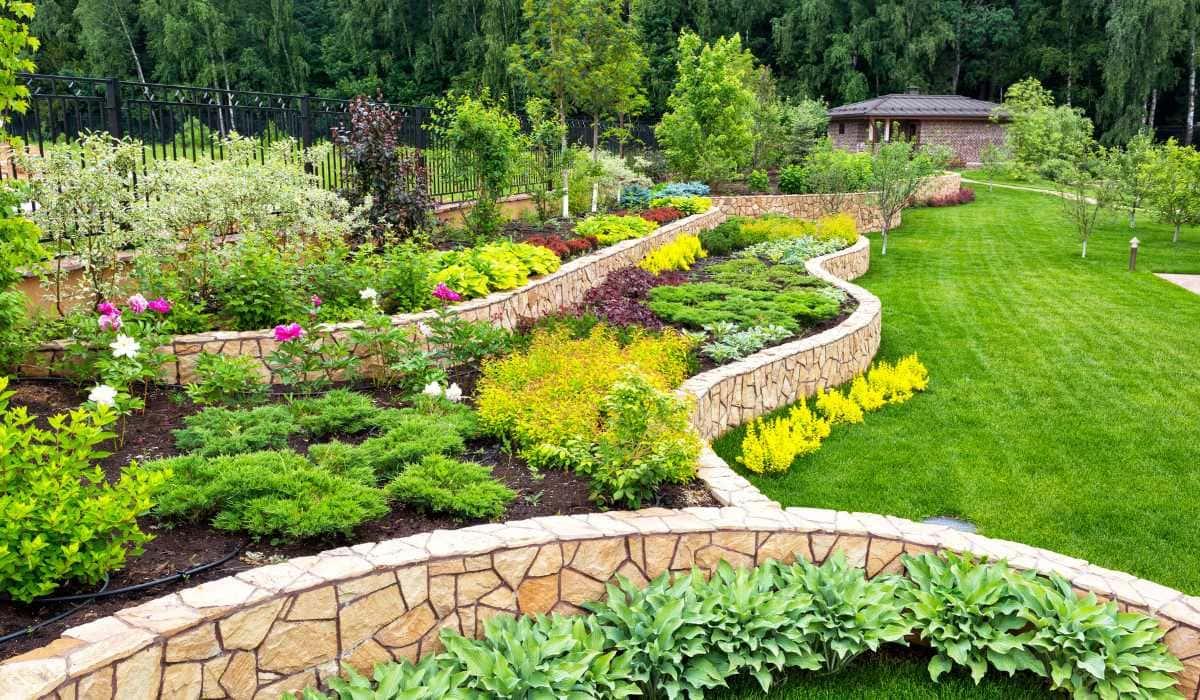Crafting Your Dream Garden: UnityInnovateSpace Design Insights
Crafting Your Dream Garden: UnityInnovateSpace Design Insights
Crafting Your Dream Garden: Insights for Harmonious Spaces 🌱
For millennia, humanity has sought solace and inspiration in cultivated nature. From ancient wonders to serene Zen gardens, our innate desire to shape the natural world around us is a fundamental expression. Early designs reflected societal values and philosophical beliefs, serving as extensions of living spaces. This deep-seated connection underscores the timeless significance of personal green havens, revealing a profound human need for beauty and order.
Modern understanding illuminates the profound impact of green spaces on our well-being. Research consistently demonstrates that exposure to nature significantly reduces stress, improves mood, and enhances cognitive function. The concept of biophilia—our innate connection to nature—explains why a garden walk has restorative effects. This scientific backing provides a compelling foundation for designing spaces that actively contribute to mental and physical health. UnityInnovateSpace integrates these insights into every project.
Contemporary garden design is transforming, moving beyond mere ornamentation. There's a growing emphasis on integrated ecosystems, prioritizing sustainability, local biodiversity, and thoughtful resource management. This shift reflects a broader ecological consciousness, viewing a garden as a dynamic, living system. Designers now strive to balance aesthetic appeal with environmental responsibility, creating spaces that are both captivating and ecologically sound.
Ultimately, a "dream garden" transcends a collection of plants; it's a deeply personal sanctuary, an outdoor room mirroring the owner's lifestyle and aspirations. Achieving this requires a nuanced understanding of how elements interact to create a cohesive, functional whole. Careful consideration of light, shade, soil, and climate, alongside human desire for beauty, makes the design process a fascinating blend of art and science.
Key Perspectives on Garden Design
- Psychological Resonance: Research consistently shows green spaces significantly enhance mental well-being, reducing anxiety and promoting peace, a cornerstone of effective design.
- Ecological Integration: Successful garden designs integrate local ecosystems, using native plants to promote biodiversity and create sustainable, naturally thriving environments.
- Personalized Expression: A truly successful garden deeply reflects the owner's identity, needs, and desired interaction, ensuring the space feels authentic and inviting.
Navigating the Nuances of Garden Creation
Translating nature's abstract benefits into tangible design is challenging. How do we design for 'calm' or 'invigoration'? It requires orchestrating sensory elements: rustling leaves, fragrant blossoms, diverse foliage, and soothing water. Understanding light play and material feel is crucial for crafting immersive, restorative experiences. UnityInnovateSpace leverages deep expertise to achieve this.
A fascinating tension exists between traditional aesthetics and modern ecological imperatives. Can a highly manicured garden be sustainable? Beauty's evolving definition now incorporates resilience, biodiversity, and minimal intervention. This often means embracing naturalistic styles, allowing some wildness, and re-evaluating 'attractive' landscapes in a climate-conscious world.
The concept of 'low maintenance' is often misunderstood. It rarely means no attention; rather, it implies a design working with nature, minimizing intensive interventions like constant pruning or excessive watering. This demands initial investment in smart planning, appropriate plant selection, and healthy soil. A truly low-maintenance garden is a testament to thoughtful design, not neglect.
The debate surrounding native versus exotic plants highlights an interesting dynamic. While native species are championed for ecological benefits, supporting wildlife and requiring less water, well-chosen non-native plants can also contribute to a vibrant ecosystem. The key lies in responsible selection and management, avoiding invasive species, and understanding plant interactions. It’s often a question of balance and context.
A garden, unlike a static structure, is a living, evolving entity. It's never truly 'finished' but grows and changes with seasons and inhabitants' needs. This dynamic nature necessitates flexible, adaptable designs that mature gracefully, offering new discoveries. UnityInnovateSpace excels at crafting such adaptable spaces, ensuring longevity and continued enjoyment.
Transforming Vision into Verdant Reality
- Holistic Well-being Focus: Design gardens prioritizing psychological and physical well-being, integrating multi-sensory elements for restorative outdoor environments.
- Sustainable Ecosystems: Implement design principles fostering ecological balance, selecting local plants, and optimizing resource use for long-term sustainability.
- Adaptive Personal Sanctuaries: Create flexible garden layouts that evolve with time and preferences, ensuring the space remains a cherished, functional extension of the home.
 UnityInnovateSpace
UnityInnovateSpace